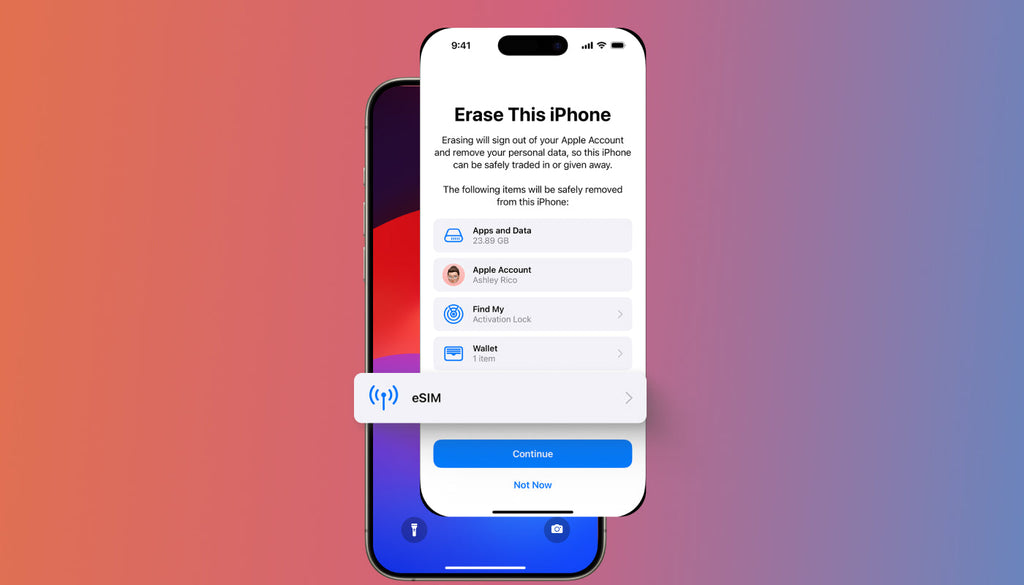How to Decide What Telecom Provider to Choose
The number of smartphone users increases dramatically. Figuring out what telecom provider will work best for you is as important as selecting the right mobile device.
Telecom is an integral part of all spheres of our life. Considering how dependent we have become on connectivity, today we have a growing number of companies offering telecommunication services. It may be tough to conclude on the cellular services provider to rely on, with many trying to catch you with all their marketing tricks. However, different brands offer different services, letting a consumer select a telecom provider aligned with their needs. How should you make the right choice, and what should you consider when going for a telecom service provider? Let’s see.
Security
It’s one of the most crucial points you need to consider when choosing a telecom provider. Check the network type, whether it’s a fully converged network with a consolidated infrastructure based IP, Ethernet, and optimal technologies. In other words, network convergence means the coexistence of voice, video, and data communication over the same network.
Also, check what details you need to provide to register and start using the selected network’s services. For example, Keepgo never asks for your data, which means that it will never be given to third parties.
Coverage
It’s vital to check if the telecom provider is reliable and you won’t be left without internet connection all of a sudden. So, it is vital to ensure that you are covered enough wherever you go to ensure that you can restore the service fast with the minimum impact to your private affairs or business.
Keepgo customers are connected on several operators per country, which means better coverage even in remote wild places. For example, in the USA, you are connected on AT&T and T-Mobile; in Germany - O2, Deutsche Telecom, Vodafone de; in the Dominican Republic - Altice GSM, Claro; Mexico - AT&T, Movistar, and much more. Check the coverage map for Lifetime plans.
Support
It’s one of the most vital parts when you choose a telecom provider. Frequently, it’s also overlooked by clients. Before signing up for a cellular plan, make sure that the provider will assist you with the selection of the product and service that will meet your needs.
Why do you need support if you feel confident in the telecom provider and know-how SIM cards or WiFi hotspots work? Well, everything can happen and reliable support service will come in handy to you when you feel miserable or lost. An expert customer support team will assist you when you need a quick fix for any issues. A telecom provider with quality customer support can solve your problems quickly and treat you with respect.
Cost
When selecting a telecom provider, think of long-term profitability. It’s not always true that low cost means poor service. While making a choice, check if the provider offers competitive pricing as per your personal or business needs. Some providers pay a discounted wholesale rate, pass the savings on to the customers, and ensure to give great service to businesses.
Technology
Your telecom provider should be offering services that are flexible enough to scale and grow as technologies advance. One of the most vivid questions many users wonder about today is whether the selected provider offers 5G. While the next generation of wireless technology is not available everywhere, some of the largest telecom providers have already started delivering 5G connectivity to their customers. As of tests from Ookla, T-Mobile users in the U.S. connected to 5G 54% of the time in October, compared 18% for AT&T and less than 1% for Verizon. If you are going to switch telecom providers, there’s no doubt that 5G is the future and worth factoring into your decision.
Should You Change the Phone to Switch the Carrier?
There are two basic forms of unlocked phones offered by sellers - GSM compatible and universally compatible. The two major carriers in the US - At&T and T-Mobile - rely on GSM. Many other companies - like Cricket (AT&T) and MetroPCS (T-Mobile) - operate on those same towers and networks. They are called Mobile Virtual Network Operators (MVNO). So, if you are going to opt for any of these carriers, a GSM-compatible device will work.
Outside the US, many carriers rely on GSM. So, if you visit foreign countries, you will need a GSM-compatible smartphone for overseas usage. You may also opt for a universally unlocked device that works on both GSM and CDMA networks, which provides you with a bigger selection of carriers that will provide you with the expected coverage anywhere in the world.
Should You Go with a Prepaid Plan?
Opting for a prepaid phone plan is one of the best ways to save money and take control of your data use. Prepaid carriers offer some of the cheapest phone plans. It means that you pay for your data consumption upfront. It also lets you set kind of limit on data consumption, which prevents you from unexpected charges at the end of the month.
The Bottom Line
Taking into account the above points will help you decide on the right telecom provider to choose. Do some homework first to get a basic idea of what you need a new provider to offer. Whatever choice you make - be it a small local company or a large nationwide enterprise - mind that you need a telecom provider that offers a reliable service, professional support, scalable and customizable product offerings, and the technology that is flexible enough to be compatible with new solutions to hit the market in the future.




